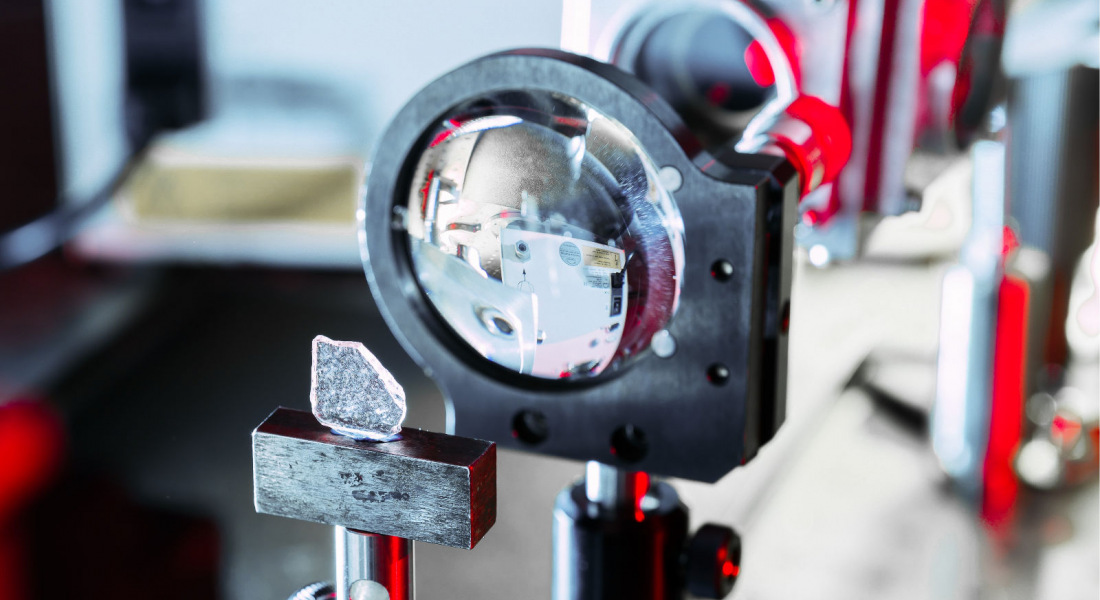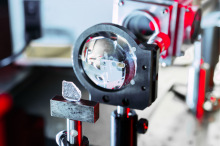Each country in the EU (and beyond) has its own unique strengths and capabilities.
Germany is famous for its automotive industry.
Ireland is known for its oyster farming.
Italy basically rhymes with fashion and design.
Now, just as it makes sense for people to focus on and develop their talents, it makes sense for countries to further develop their strengths to become more competitive in the global economy. That's also the key idea of Regional Innovation Strategies for Smart Specialization (RIS3) – countries should focus on supporting the industries where they have the most know-how and resources.
In a nutshell, RIS3 is an EU-developed framework that helps countries identify their specific strengths, then create investment and development strategies to build on these strengths to drive economic growth.
What are RIS3 industries for Latvia?
Latvia has also defined its RIS3 industries with the aim of fostering the development of innovative products and services in these areas and further exporting them to other countries. Here are Latvia's RIS3 areas:
• Knowledge-intensive bio-economy;
• Biomedicine, medical technologies, and bio-pharmacy;
• Smart materials, technologies, and engineering systems;
• Smart energy and mobility;
• Information and communication technologies.
In each of these sectors, Latvia has solid expertise and other necessary resources. For example, Latvia has extensive knowledge in pharmaceuticals, coming from companies such as Olainfarm and Grindeks. This allows us to further develop innovations in the fields of biomedicine, medical technologies, and bio-pharmacy.
So, to sum up:
In the upcoming years, Latvia will support and invest its resources in research and innovation across these five areas with the aim of increasing exports and boosting the economy. The goal is to reach 27 billion euros in exports and 600 billion euros in promoting research development by 2027.
Why should startups care?
The next question is – why should startups care about Latvia's RIS3 verticals, and even more importantly, why try to fit their solutions into them?
The first reason is access to funding.
Considering the focus on RIS3 industries at the national level, it's likely that in the nearest future, a vast majority public support programs will be focused on these areas. Meaning – startups developing innovations in the RIS3 areas will have higher chances of attracting public funding and other support. There have already been programs where companies have been asked to indicate which RIS3 industry they belong to in order to qualify. In the future, there will be more programs with similar requirements since the aim is to stimulate innovations in these areas.
Second, we can expect to see a more RIS3 industries-supportive environment.
Over time, the local jurisdiction and the innovation environment, in general, will also be more and more adapted to these industries. Thus, for startups building solutions in these areas, Latvia will offer a particularly favorable environment for development and growth. In fact, companies representing RIS3 areas are already actively involved in creating such an environment – they're proactively approached for feedback to prepare recommendations to further push on the political agenda.
And third, gain meaningful connections with key players in each RIS3-defined industry
One of LIAA's key roles in implementing RIS3 strategies is having an overview of each industry, including the main players, as well as their overarching challenges. With this overview, LIAA can then drive the development of required policies and tools, but at the same time provide startups with potentially key introductions to other industry players that may be facing a problem that the startup can solve.
To sum up
RIS3 might still be a rather new concept, but we're likely to hear about it more and more often. For that reason, it's advisable for startup founders to get to know the RIS3 industries and, when creating new products and solutions, think about adapting them to these focus areas right from the start. This will facilitate access to various support programs, including financing, in the future.

